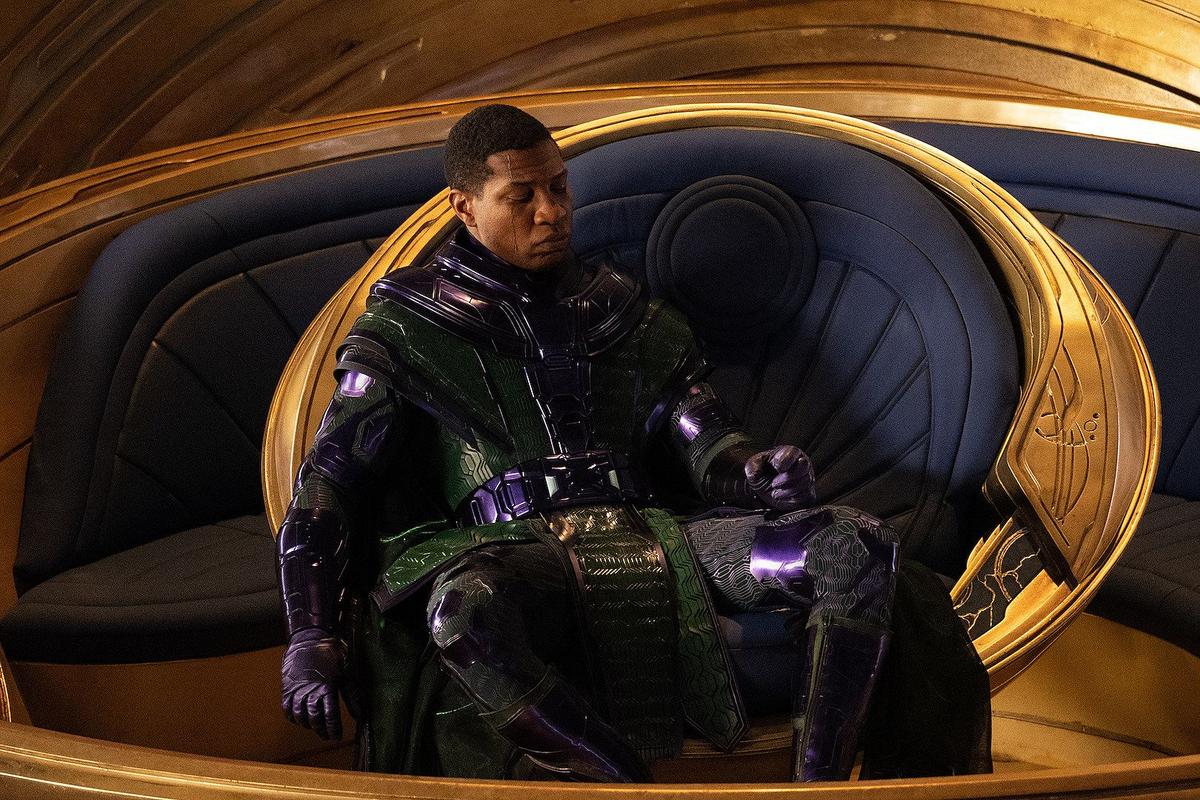When Todd Phillips‘ Joker: Folie à Deux came on tracking three weeks ago, forecasts showed the Warner Bros. movie opening to $70 million — $26 million lower than previous installment five years ago, but still a respectable sum. Since then, projections have slipped to anywhere from $50 million to $60 million.
Why the drop?
The polarizing, R-rated movie — which made its world premiere at the Venice Film Festival to mixed reviews — is a genre-busting, music-infused sequel that strays outside the comfort zone of the typical fanboy-fueled comic book pic. While 2019’s Joker earned comparisons to the earlier works of Martin Scorsese, the sequel is a far slower paced journey that focuses on the interior lives of its two leads. Critics have praised the movie’s overall beauty, its performances and its crafts, but dinged it for its narrative. “For a movie running two-and-a-quarter hours, Folie à Deux feels narratively a little thin and at times dull,” wrote The Hollywood Reporter chief film critic David Rooney out of Venice.
All of this could be confusing for the first Joker‘s target audience and help explain the dip in tracking and lighter-than-expected advance ticket sales. Regardless of its box office performance, the movie is expected to a major player in the Oscars race.
Overseas, Joker 2 opens everywhere this weekend, save for Japan and China, where it launches in the coming weeks. Warners is hoping for a foreign debut of $80 million to $85 million.
Joker: Foile à Deux reunites Phillips with Joaquin Phoenix, who returns in the titular role after winning the Oscar for best actor for his portrayal of Arthur Fleck/Joker. Released in 2019, Joker opened to a huge $96.2 million domestically on its way to earning a record-shattering $1 billion at the worldwide box office, making Phillips and Phoenix heroes on the Warner Bros. lot, and earning them enough good will to allow them to experiment with the sequel.
Indeed, neither Phillips nor Phoenix were sure about making a sequel, and for a time contemplated putting on a Broadway show instead, before ultimately committing to the movie.
The first Joker cost just $55 million to produce before marketing. After its success, Phillips’ was given a net production budget of $190 million to $200 million for the second installment. Part of that went to bringing aboard Lady Gaga in a role inspired by the comic book character Harley Quinn (the filmmakers are hoping she will lure in female moviegoers).
Joker and Harley are known for their toxic romantic relationship in the comics, with the title Folie à Deux referencing the medical term for an identical or similar mental disorder impacting two or more people. Much of the film consists of fantasy musical numbers starring the couple, who meet while Arthur is in Arkham Asylum, awaiting trial for his crimes from the first movie. But neither Warners nor Phillips are comfortable calling it a straight-up musical, given that only two of the characters sing, versus a traditional musical, which usually has scores of people participating in the numbers.
The studio’s marketing materials have steered clear of highlighting the film’s numerous musical sequences, just as it did when selling Wonka, an official musical. Warners isn’t alone; Paramount also didn’t market Mean Girls as a musical.
Either way, Phillips is well aware that the sequel is unorthodox, as it doesn’t fully follow through on the ending of Joker, which sees Arthur embrace his alter ego.
At the Los Angeles premiere Monday, Phillips thanked the studio “for taking such a bold swing,” adding, “it is not necessarily the sequel you might expect.”







